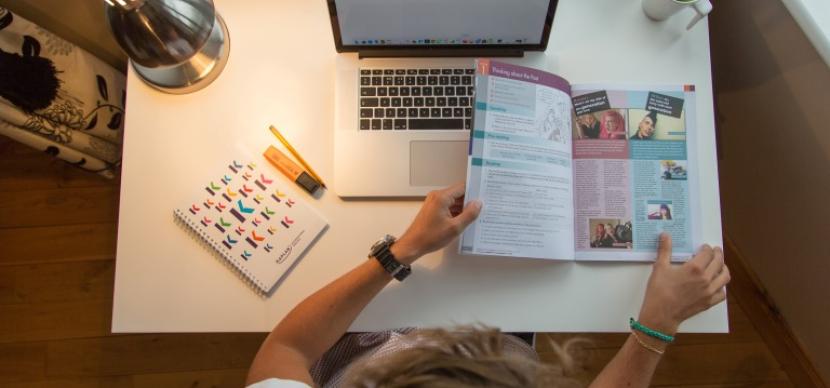How to use ‘can’ and ‘could’

Understanding how to use the modal verbs ‘can’ and ‘could’, and their differences might seem difficult at first – especially if you’re not a native English speaker! But don’t worry, everyone has to learn once, and our guide on how to navigate these popular words will have you conversing like a pro in no time!
Can vs Could
As modal auxiliary verbs, we know that ‘can’ and ‘could’ are used to give additional information about the main verb in a sentence (after all, that’s what these types of verbs do). In the case of ‘can’ and ‘could’, they are frequently used to express the possibility or general ability of doing something. These words may also be used to express permission, a request or an opportunity.
But that’s not all! Let’s go through each of their uses and when it is appropriate to use them.
Possibility
We can use both ‘can’ and ‘could’ to express whether something is possible, however, when something is possible but not certain, we use ‘could’. When we want to make a general statement about something that is possible, we use ‘can’.
Examples:
“They could arrive at 5pm, but only if their flight is on time”
“I could get a lift with mum”
“London can be very busy”
“She can be annoying”
Express ability
Both ‘can’ and ‘could’ can be used to express ability, although ‘could’ is used here as the past tense of ‘can’.
Examples:
“I can jump really high!”
“She said she could pick up the children from school for me”
“She can speak English really well, I heard she studied with Kaplan”
“He could speak a bit of English when he was younger, but he’s now forgotten it all”
Command or request something
Although both ‘can’ and ‘could’ can be used to request or demand something, it is considered more polite to use ‘could’.
Examples:
“Could you please help me with this essay?”
“Can you help me with this essay?”
“Could you pass me the phone charger?”
“Can you pass me the phone charger?”
Ask for permission
We do not use ‘could’ to give or deny consent, therefore when asking for permission, we use the verb ‘can’.
Examples:
“Please can I use the bathroom?”
“Please can I come in? It’s cold outside!”
“Can we go dancing together?”
“Can I have a cup of tea?”
Make an offer
Most of the time we use the phrase “Can I...” or “I can...” when making an offer to someone, however this can sometimes change to “I could...”.
Examples:
“Can I help you with your shopping?”
“I can carry that heavy box if you like?”
“I could help you organize your finances?”
“I could take out the bin tomorrow morning if you’re too tired?”
Make suggestions
When suggesting something to someone, we use the verb ‘could’ to reflect the uncertainty of the overall outcome.
Examples:
“We could go to the movies this weekend?”
“Would you like to go on a second date? We could have dinner?”
“I could come over tonight if you’re feeling sad?”
“Where would you like to go on vacation this year? We could go to London?”
Save this article for whenever you’re not sure to use ‘can’ or ‘could’ and impress your friends, colleagues and boss with your excellent English skills!
Think you could do with more help? Check out the Kaplan website and discover our range of English courses to suit every goal.
 617 275-5955
617 275-5955




